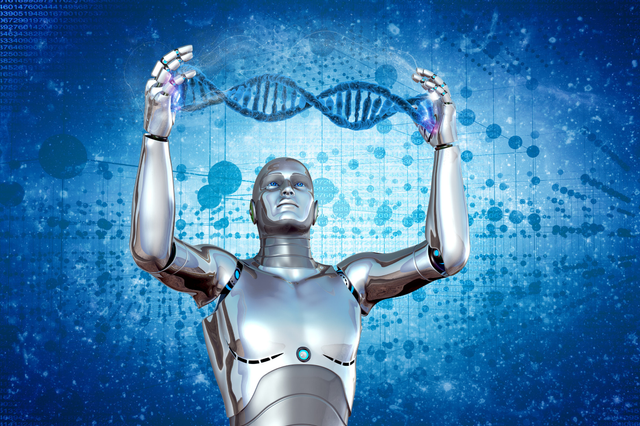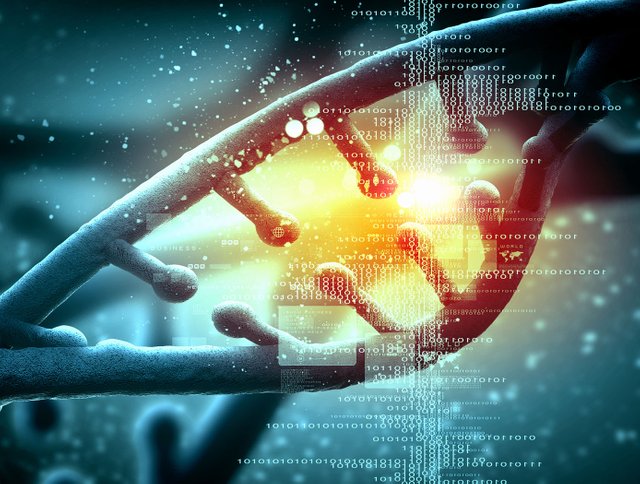Artificial Intelligence will be able to make the genome editing technology CRISPR more accurate

Hey. In the last five years, biology has undergone a tectonic shift, as researchers around the world adopted a revolutionary technology called editing of genes. It includes precise cutting and gluing of DNA by specialized proteins, inspired by nature and developed by researchers. These proteins come in three varieties, all of which are known for their somewhat awkward acronyms: ZFNs, TALENs and CRISPR. But Crispr, with its elegant design and simple work, is what most captures the imagination of scientists. Now they use it for the treatment of genetic diseases, the cultivation of climate-resistant crops and the development of design materials, food and medicines.
The CRISPR gene editing technology could one day rid the world of the most devastating diseases, allowing us to simply edit the genetic code responsible for the disease. One of the things that stand in the way of turning this fantasy into reality is the problem of non-targeted effects. Now Microsoft hopes to use artificial intelligence to solve this problem.
You see, CRISPR strongly depends on the accuracy of its work. Today, compared to previous genetic technologies, CRISPR can accurately change the tiny fragment of the genetic code. But still this is not exactly accurate for wide clinical use. Opinions about how often deviations from the goal are different, but at least in some percentage of CRISPR, still, makes changes to the site of DNA, which was not supposed to change. Depending on what will be affected, this can inadvertently lead to new health problems, such as cancer.
Scientists have long been working on methods of fine tuning CRISPR, so as to minimize these unintended effects. In the company of Microsoft believe that artificial intelligence (AI) can be one way to do this. Working with computer scientists and biologists from research institutions in the US, the company developed a new tool called Elevation, which predicts off-target effects when editing genes with the help of CRISPR.
It works as follows: if scientists plan to change a particular gene, they enter the target in Elevation. The CRISPR system consists of two parts - a protein that performs genome cutting and a synthetic RNA guide designed to control the consistency of the DNA sequence in the gene they want to edit. Different guides may have different effects outside the target, depending on how they are used.
Elevation AI will tell you which direction of work is least likely to result in off-target effects for a particular gene, using machine learning for this. Technology also provides general feedback on how likely non-target effects for a gene are. This platform bases its training on both Microsoft research and publicly available data on how different genetic targets and the directions of CRISPR interact.
The work is described in detail in an article published in the journal Nature Biomedical Engineering. This tool is available to the public for free. It works together with a tool released by Microsoft in 2016 called Azimuth, which predicts effects at the target level.
Today there is a lot of debate about how problematic are the off-target effects of CRISPR, as well as how to fix them. A new Microsoft tool, however, will undoubtedly become a welcome addition to the already existing set of tools. Over the past year, Microsoft has redoubled efforts to use AI to combat health problems.